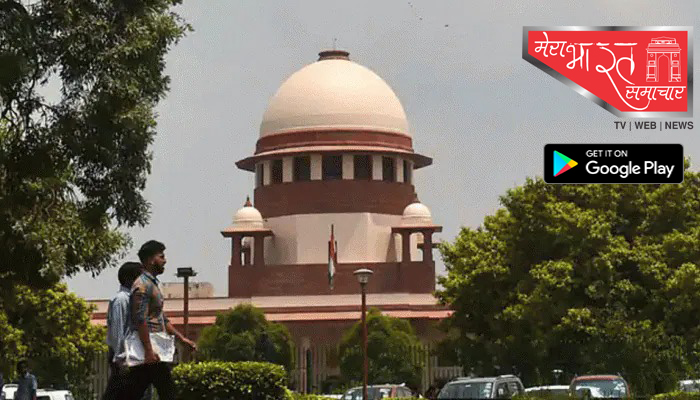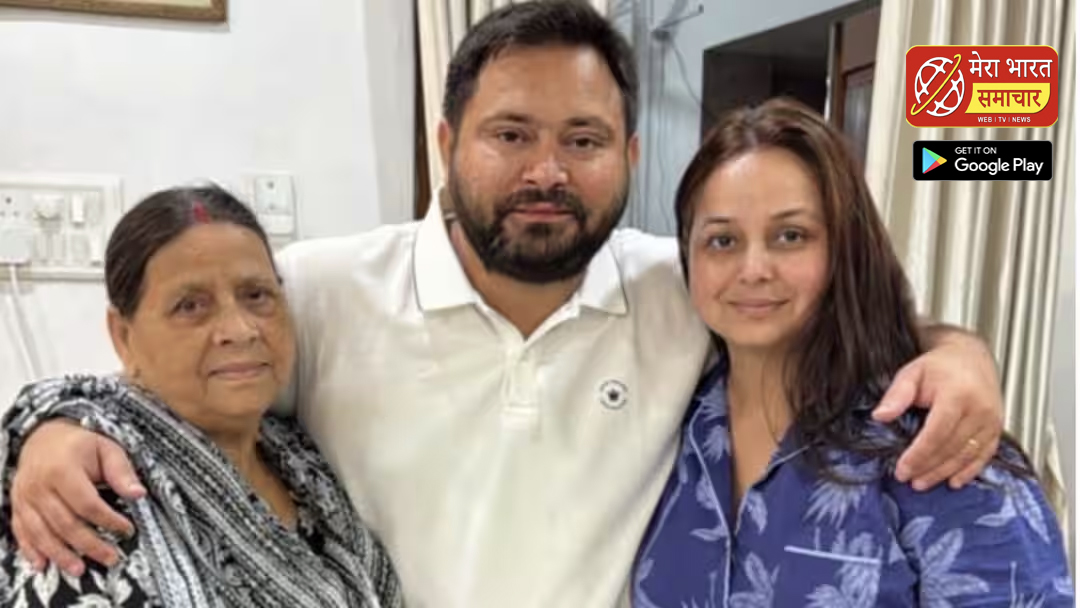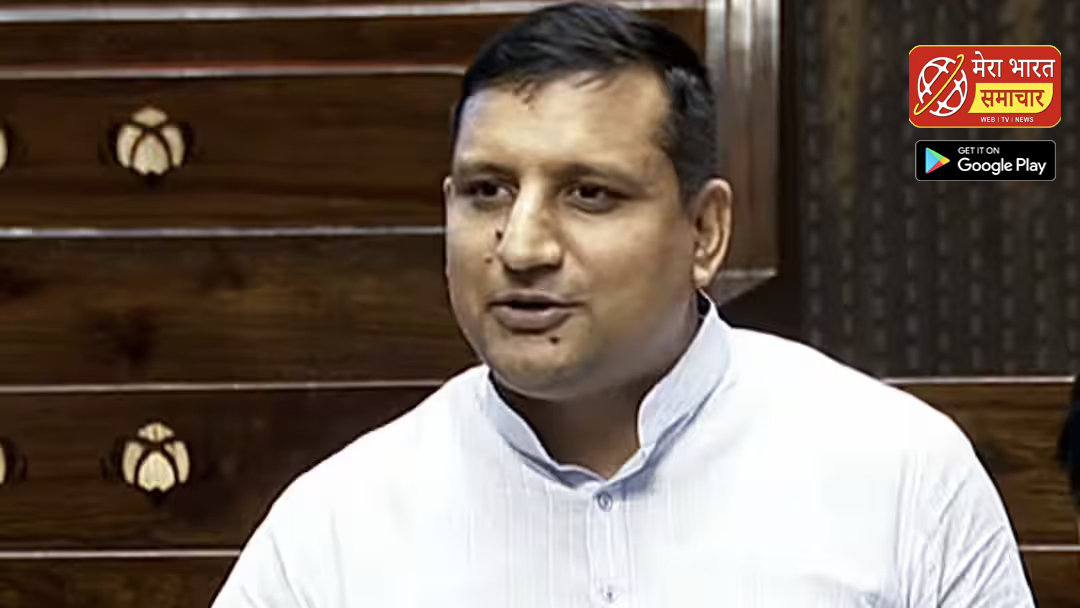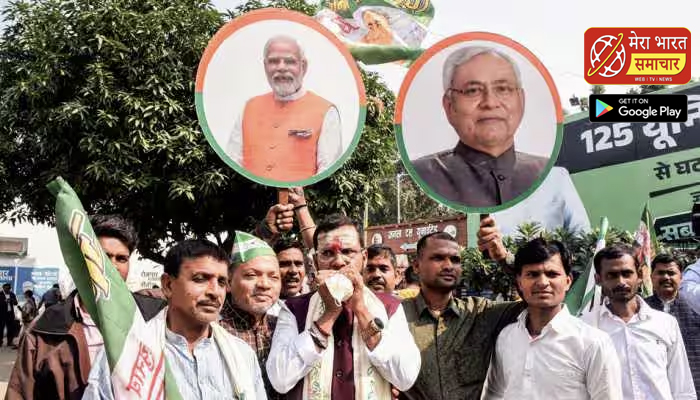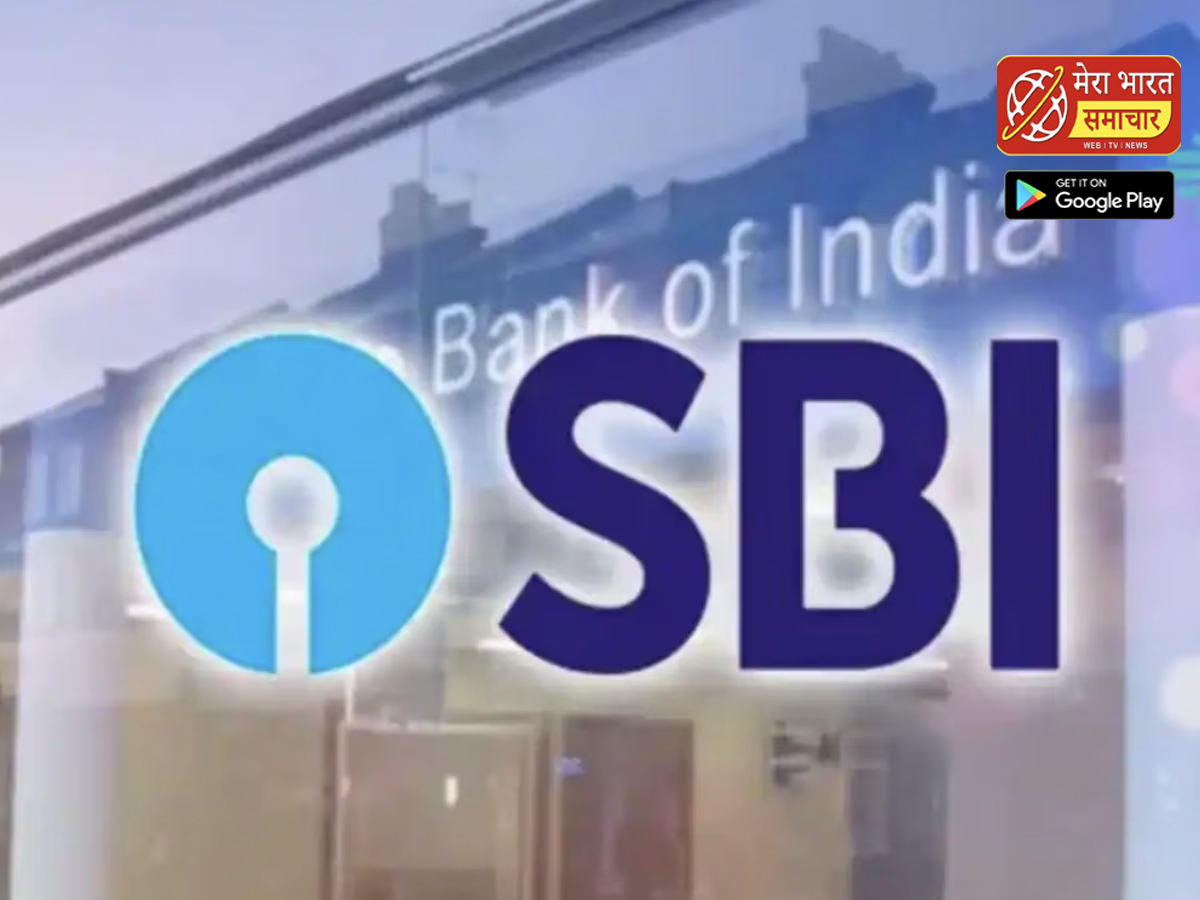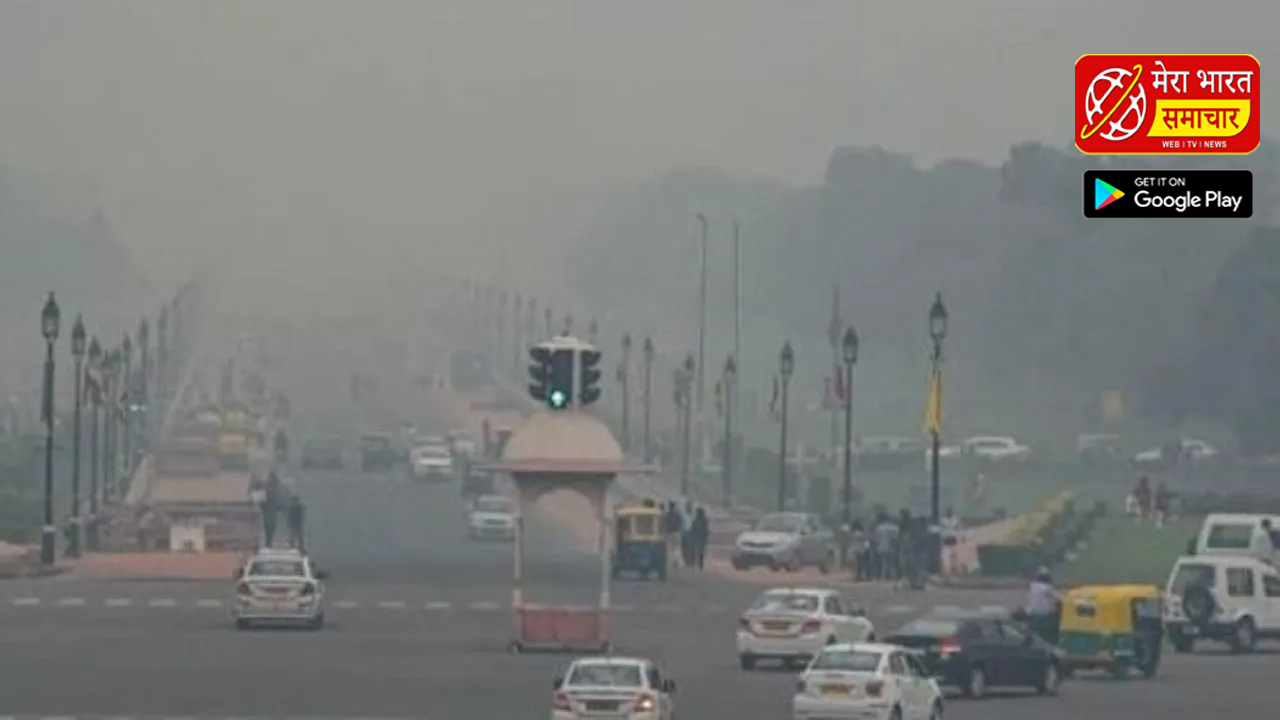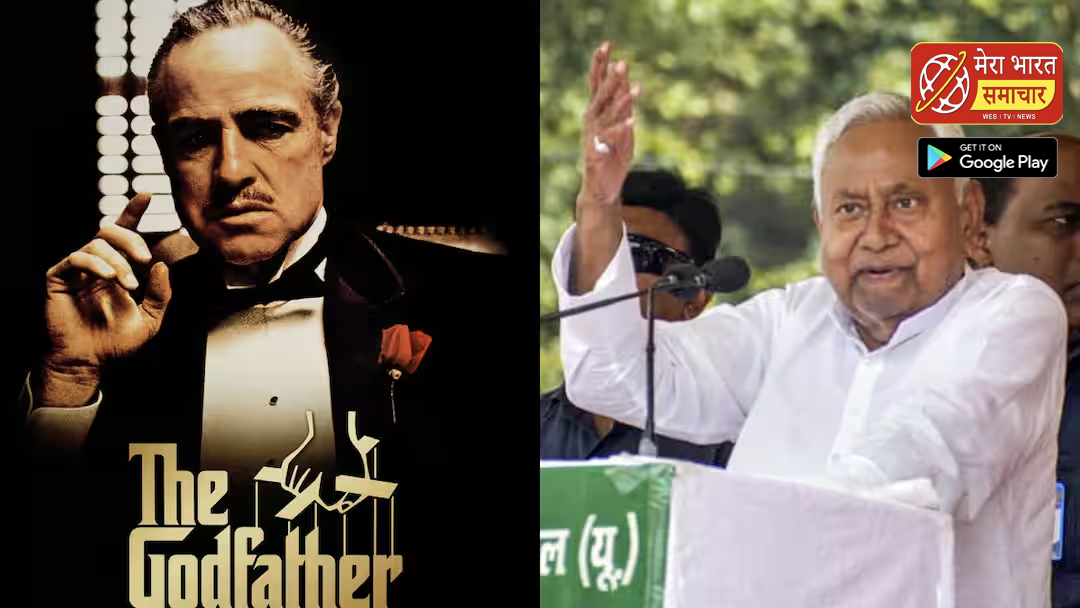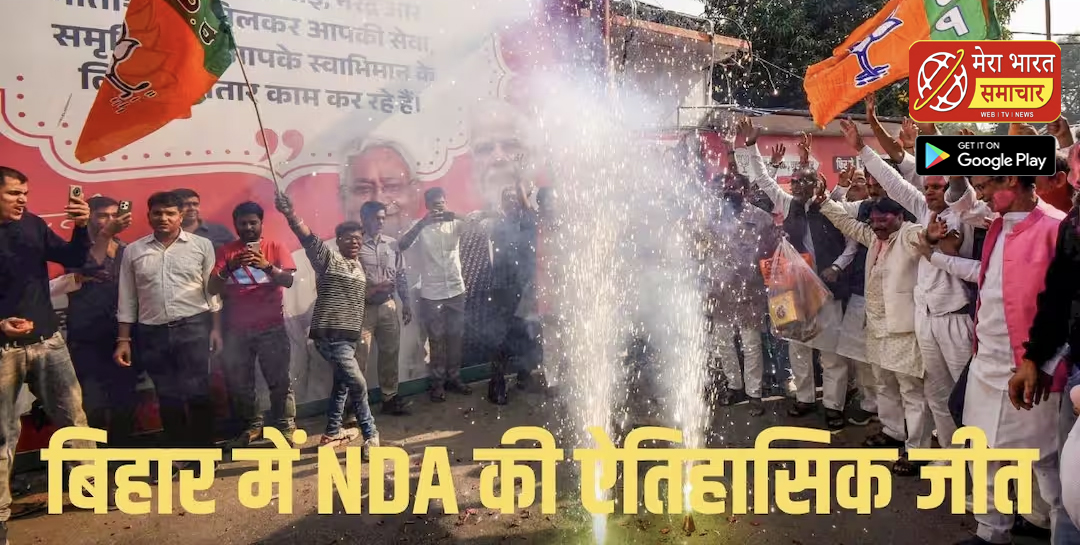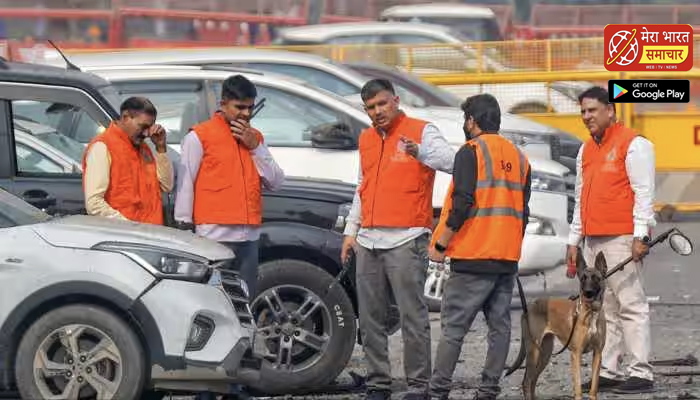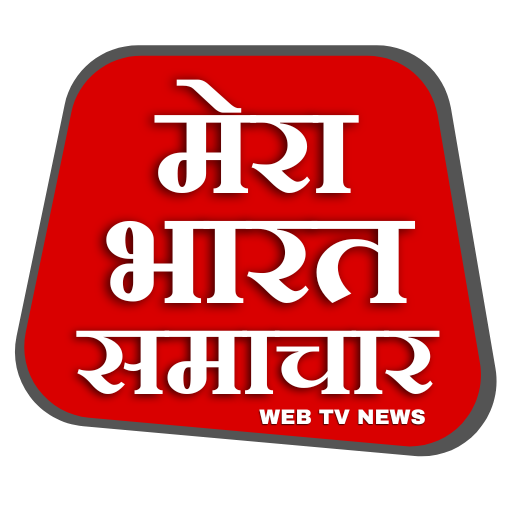The Supreme Court, while responding to a plea seeking a ban on the announcement of freebies by political parties in the run-up to the elections, referred that matter to a three-judge bench on Friday. “Looking into the complexities of the issues involved and the prayer to overrule the judgement rendered by a two-judge bench of this court in Subramaniam Balaji vs The Government of Tamil Nadu, we direct listing of the set of petitions before a three-judge bench after obtaining the orders from the Chief Justice of India,” the bench said.
During the hearing, a bench headed by Chief Justice N V Ramana stated that “there can be no denying that in an electoral democracy, the true power lies with the electorate and the electorate judges the parties and candidates.” The top court also directed the three-judge bench to review its 2013 order in this regard while describing the issues of freebies as a complex matter. In its 2013 judgment, the Supreme Court had said some freebies were related to the directive principles guiding a state’s policies.
The top court also noted that after examining and considering the parameters laid in section 123 of the Representation of People Act, it arrived at a conclusion that the promises in the election manifesto cannot be read into section 123 for declaring it to be a corrupt practice.
The top court said these pleas would be listed after four weeks. The Supreme Court made these observations while hearing a PIL filed by lawyer Ashwini Upadhyay, seeking a ban on political parties promising ‘freebies’ to lure voters in the run-up to elections. The plea asked for steps to be taken to regulate poll manifesto and make political parties accountable for promises made therein.
The Supreme Court had on Thursday decided to call off the formation of an expert committee to look into freebies offered by political parties to voters. Hearing a plea seeking a ban on the ‘freebie culture’ during elections, the Supreme Court had on Tuesday said a debate on the matter was needed for the welfare of the country.
Responding to the plea, Chief Justice of India N V Ramana highlighted the need to differentiate between a promise made by a politician as a ‘freebie’ and a ‘welfare scheme’. The Chief Justice asked if a law rolled out by the Centre prohibiting ‘freebies’ would be open to judicial scrutiny. “Suppose the Centre makes a law that states cannot give freebies. Will such a law be open for judicial scrutiny?” he observed.
During the hearing, the top court also took exception to remarks made by Tamil Nadu Finance Minister Palanivel Thiaga Rajan. CJI Ramana told DMK MP and Senior Advocate P Wilson, “I want to say so many things, but I don’t want to, being a Chief Justice, talk about your party or minister.”
During the previous hearing, the Supreme Court made a strong observation on the culture of political parties announcing ”freebies” during the election season to lure voters and said that it is causing a ”big loss to the country’s economy.” The top court said that the announcement and distribution of freebies by political parties is “a serious issue” and this culture needs to stop. While calling for a balance between people’s welfare schemes and freebies, the top court stressed that the entire amount should be spent on developing the infrastructure.
“Nobody says it is not an issue. It is a serious issue. Those who are getting they want it and ours is a welfare state. Some may say that they are paying taxes and it has to be used for the developmental process. So, it’s a serious issue. So, both side has to be heard by the committee,” Chief Justice of India NV Ramana.
The CJI further noted that India is a country “where there is poverty, and the central government also has plans to feed the hungry” and then posted the matter for the next hearing on August 17.

